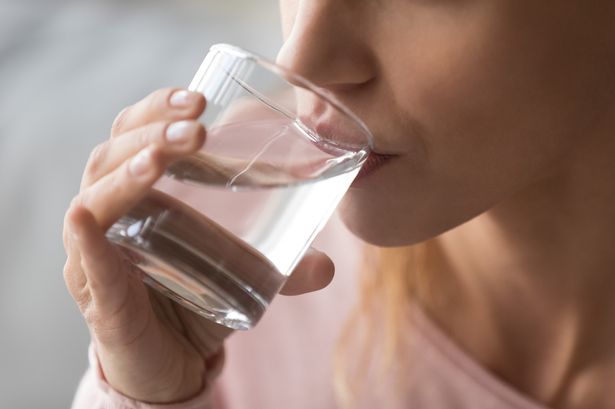Recent discussions in nutritional science have revolved around the belief that consuming water during meals can dilute digestive enzymes, potentially interfering with digestion. This perspective suggests that drinking water can hinder the body’s ability to break down food efficiently. However, a growing body of research and expert opinion suggests that this belief is not only overstated but largely unfounded.
Experts in the field of nutrition and gastrointestinal health emphasize that the human body is remarkably adept at regulating digestive processes. When food is ingested, the stomach’s production of gastric juices, including acids and enzymes, is activated regardless of water consumption. The volume of fluid consumed with meals does not significantly alter the concentration of these digestive substances. In fact, water is critical for the digestion process as it aids in the breakdown of food and facilitates the transport of nutrients throughout the body.
Studies have shown that moderate water intake during meals can actually support digestion. Water can help dissolve nutrients, allowing for better absorption in the intestines. It also plays a vital role in preventing constipation by softening stools. The idea that drinking water might slow down digestive enzymes fails to recognize how the body’s digestive system is designed to function efficiently, employing various mechanisms to maintain homeostasis.
Moreover, experts argue that the timing of water consumption is not as crucial as previously thought. While some may prefer to drink water before or after meals, researchers indicate that personal preference and comfort should guide individual choices regarding hydration during meals. Staying hydrated enhances overall digestion, and the notion that it hampers digestive efficiency overlooks the complex interplay of factors that aid digestion, such as food composition, gut flora, and individual metabolic rates.
It’s also important to recognize the psychological aspect of eating and drinking. Some individuals find that drinking water during meals helps them feel fuller, which can assist with portion control and prevent overeating. This aspect of temperance in eating habits can contribute positively to weight management and overall health. Therefore, rather than fearing water’s impact on digestion, consumers should focus on maintaining an adequate intake of fluids throughout the day.
In conclusion, the prevailing myth that drinking water with meals dilutes digestive enzymes is dispelled by current research and expert opinions. The consensus is that drinking water can facilitate digestion rather than hinder it. Understanding the body’s intricate digestive processes enhances our appreciation for the role of hydration, suggesting that integrating water consumption into meal times can be beneficial rather than detrimental. Ultimately, the key is balance and listening to one’s body, ensuring proper hydration while enjoying meals.














